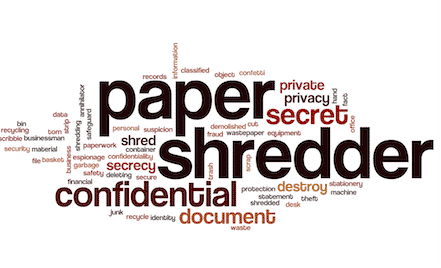June 28, 2016
Addison Alert: Filing Taxes is Only One Of Many Steps
Tax season is generally a blended bag of emotion for Addison small business owners. On the one hand, no one likes filling out a pile of documents that ultimately ends with them sending away a portion of their hard earned profits. And for the procrastinators among us, not many daunting tasks are rivaled than realizing all that time you’ve invested dragging your feet has left just days, or hours, to tackle a huge task. More timely businesses, however, get to relax and unwind while they see dawdling competitors running around in a frenzy trying to get their books in order. Some might even have their refund in hand by the April 17th due date, currently allocating where to spend the money.
Whether completion of tax season brings you a warm smile or a needed sense of relief, there’s one way everybody can commemorate the occasion. With monetary records top of mind, businesses need to take the time to assess their inventory of documents and choose exactly which can remain and which can go. Instead of letting documents clutter desks, now is the time to think of safe and secure shredding.
When to hold, when to destroy
Decision-makers have likely been rifling through filing cabinets and lifting the lids off of archive boxes for several weeks in preparation for the tax deadline. Chances are, the search for crucial financials also uncovered some documents you didn’t even know you still had. Instead of letting records collect dust and take up valuable space, why not clean the slate with safe and secure shredding?
By removing paper in April, Addison businesses are setting themselves up for success for the remainder of the year. Now that you’ve resolved to do something about the backlog of documents, it’s time to analyze exactly what records can be removed for shredding. While no one wants to become a hoarder, there are definitely several classifications of documents that have to be kept from the shredder.
How long you hold on to tax records ultimately depends on the details and accuracy of your filings. Since there is no statute of limitations for auditing a fraudulent return, some companies decide to keep everything just in case. Assuming you’re a business owner and pay your taxes in full and on time, there is usually no need to keep records for more than three to six years. Even if you want to keep a copy of the final tax return statement, which is reasonable, there is probably many ancillary papers that are simply taking up space.
While a specific understanding of the state, federal, and market policies that govern your information is needed, any company uncertain of its internal expertise would be smart to partner with a certified information management specialist. These experts will certainly help you manage the vital gray areas in between keeping everything and unintentionally destroying sensitive documents that must be kept.
Moving beyond the recycling bin
When you’ve separated the records that are past their prime from those that need to be preserved, it’s time to cut the cord and send clutter out the door. Disposing of sensitive documents is not like discarding a flyer from the business picnic, however. Considering the sensitivity of the documents and what is at stake, businesses should go above and beyond with protected shredding services.
Countless identities are stolen every day merely as a result of office personnel crumpling up papers and tossing them in the office dumpster. To remove any chance for potential criminals to access such information, secure shredding is imperative. Physical shredding is only a start, as the shredded documents still have to follow a chain of custody after they leave the office and reach the recycling center.
Proshred® of North Texas follows the proper chain of custody, and will give you a certificate of destruction verifying the destruction of the documents.

